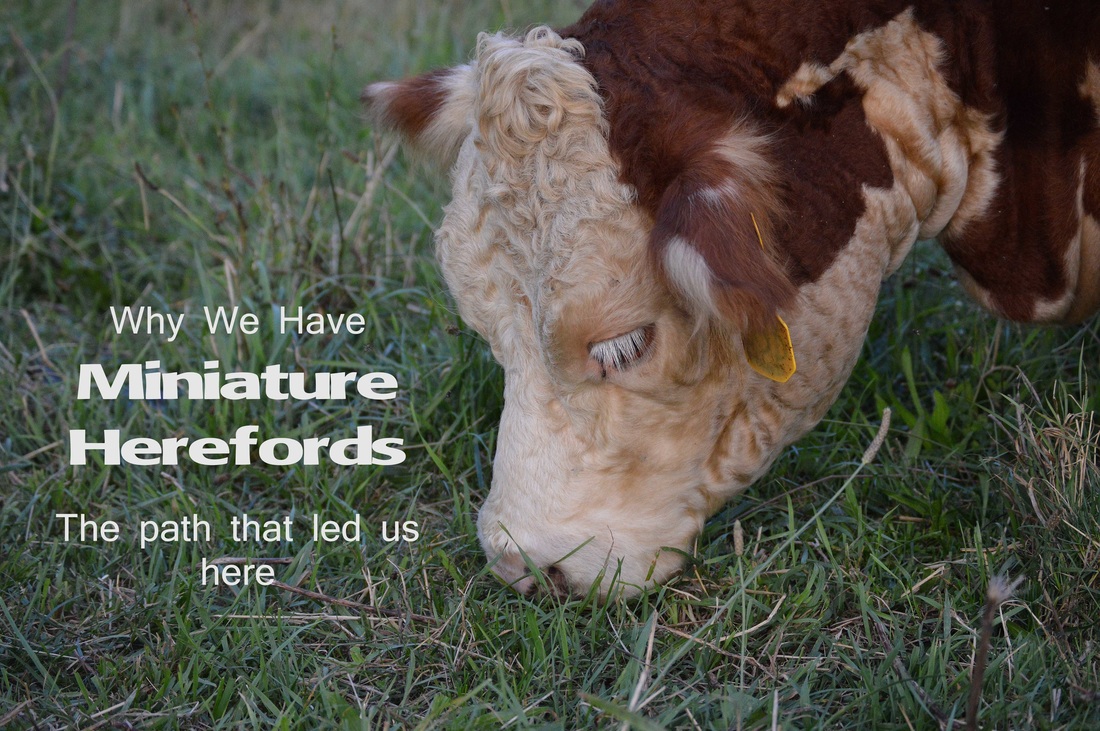|
At some point, you are going to need a veterinarian. The goal is to have healthy animals that happily graze on lush green grass and pop out beautiful little calves. The reality is...life isn't always picture perfect. Something will eventually go wrong and you will need to call the vet...and quite possibly, in the middle of the night. Your vet is your biggest advocate, educator and asset on the farm. Just as you might interview a medical doctor to make sure that they have the same vision and treatment methods that you desire, you should make sure you and your veterinarian have a unified vision for the care of the animals on your farm. All veterinarians are not created equal. Some are old school, some are cutting edge and up to date on all the new procedures and practices in veternarian medicine. Some are more organically inclined, some are more conventional. Some practices are strictly small animal and some are geared toward large animals. So how do you determinie which vet is right for your farm? Ask lots of questions. It may be a good idea to have your vet out for a well visit and then see if they would be a good fit for you A well visit may include administering vaccinations, pregnancy checks, or castrations. These routine things are a great opportunity to get to know your vet and allow the vet to get to know you, your animals and your farm. Sorry for the photo quality....old camera plus the photography skills of a 4 year old. It took every available hand to try to save this baby after a c-section. Mamma and baby ended up being fine...thanks to a vet that wouldn't give up and gave us the tools to fight for this little one's life. What is your vets specialty? When we had horses, we had a local vet that specialized in horses. When we bought cows, we changed to a vet that grew up on a dairy farm and worked with a lot of cattle farms. What services do they offer? Do they A.I.? (Artificially Inseminate) Do they offer semen collection or embryo transfer services? If not, do they have recommendations or people they regularly work with? Are there other vets in the practice you might work with? If so, who will you be primarily working with? Is one vet more specialized in a particular area? How do you know which vet will be coming out on your farm calls? What is the best way to contact your vet? Should you just call the office? Does the vet give out their personal cell phone number? If so, do they prefer a call or a text? Do they use a scheduling service for after-hours calls? Is e-mail an efficient way to communicate for non-emergency questions? How are after hours calls handled? Does your vet handle all of their own after-hours calls? Do they work with other veterinarian offices in the area to handle after-hours calls? Should you call the scheduling service or should you contact them directly? How much are you able to do on your own? Can you buy some vaccinations and medications and administer them on your own or does the vet have to come out to the farm to administer? It is also important to give your vet an opportunity to get to know you and your animals. What kind of animals do you raise? What is the condition of your animals? By knowing the normal condition of your animals, many times a vet can notice an immediate problem. What are your farming goals? Is this a hobby, a supplemental income or are you paying the mortgage on the family farm? All of these things can affect the decisions that you and your vet have to make. Are you willing to transport your animals to a state veterinarian hospital for exploratory procedures, or is that outside of your resources? What is your health management style? Do you use natural, organic or conventional methods? Are you still undecided? What is the set-up for working your animals? Do you have a head gate or chute for your cows? Do you have a small paddock to corral animals or do you just have large pastures? Is the vet going to need to bring an assistant with them or request you have additional hands on deck to help contain or treat an animal? Do you have a vaccination and worming program? What is your worming schedule? Do you use vaccinations? Are you open to antibiotics and medications for sick animals or do you need to pursue other options? How capable are you? How much do you know about your animals? Is the vet able to walk you through simple procedures on the phone? Are you able to administer your own shots? Can you feel to make sure the calf is in the correct position for calving? Can you pull a calf on your own? Do you have the strength to pull a calf or help to pull a calf? Can you tell if the calf is still alive? Do you work off the farm? Will you be there if they come any time of the day or is it essential that you schedule a specific time for an on-farm visit? Do you have the facilities and are you comfortable enough to have the vet come out when you are not home? If you are not home, are you comfortable with other farm hands or family members discussing and making decisions with the vet? Do you hear my baby talking? How did he grow up so fast? By having a solid foundation, your vet will better know how to treat your animals. Several months ago Rose kept bloating. A friend taught us how to tube her and we did what we could to treat her ourselves. When she didn't improve, we called the vet and she was able to talk us through some options and possible treatments. After additional treatment and testing, together with the vets, we decided that additional testing and treatment would be too costly for the age and benefit that the cow would be to our farm. Our vets knew that we were not in the position to take extreme measures to save an aging ccow. That may sound harsh, but these are the decisions that all farmers have to weigh. Thankfully our lack of a concrete diagnosis and busy schedule did not allow us to make a hasty decision and she has improved on her own. Your vet is your best educator. When we started this cow adventure, we knew nothing. It is only through hard knocks and a lot of conversations with our vet, that we know what we know now. We always joke that we are getting a college education...one vet bill at a time. Your vet can teach you how to give a shot and how much medicine to give. They can help direct you in changes you need to make in your program. They can also help you determine what is working and what isn't. No one ever really wants to have their vet come out to the farm, but it is inevitable. If you have to make that call, you want to have confindence that the situation is going to turn out the best that it possibly can. We are fortunate to have two wonderful vets to work with. We know beyond a shadow of a doubt that the skill, determination and little arms (much easier to get inside a little cow) of our vets have saved several calves. We have spent several long, sleepless night together in the barn with our vet. Not only do you get to know each other in a different way at 3:00 a.m., but you also build a trust in each other. Our vets know that they aren't going to receive that middle of the night call unless it is urgent. They also know that our entire family (and sometimes the neighbors) are going to be right by their side as we all pitch in to save the life of that animal. With a little effort and a lot of questions, you can ensure that you have found a vet that will work with you, be an asset to your farm and ensure the health of your animals and the success of your farm. You might also like...
7 Comments
I came by to visit from Chicken Chick's bloghop today; I hope you'll have time to drop by my place & let me know you've been. :-)
Reply
Heather Wiley
2/6/2017 02:29:02 pm
So glad you stopped by. How many Miniature Herefords do you have...I know...the dreaded question. If you are anything like us, the number changes daily.
Reply
Suzanne Wickerd
9/17/2020 04:32:21 pm
We loved it!
Reply
3/15/2021 11:41:08 pm
Great content!! So much informative content you produce high quality of content which is good for those people can possibly visit your site. It same as Haarlem Oil and Haarlem Oil for Horses (www.horses-haarlem-oil.com/product-category/shop) made by French people in France. I love the journey of my research from this website. Hope you do more blog post here about health. Thank you and God bless.
Reply
5/8/2023 04:56:07 pm
It was helpful when you said to ask the vet what would be the best way to contact them. My husband and I got a puppy for our family last week, so I want to look into finding a vet we can start taking her to for her checkups and procedures. We'll keep these tips in mind once we start searching for a vet to work with.
Reply
Leave a Reply. |
Let's Connect
AuthorHello! I am Heather... the city girl turned mom to manure loving country boys. My husband and I both grew up in the city, but spent weekends visiting grandparents in the country. We are first generation farmers who learn best by almost always doing things the hard way. I hope you enjoy following along with our adventures down on the farm. Archives
March 2024
Categories
All
Popular Posts |
The Cows |
The Family |
Follow Us |
Associations |

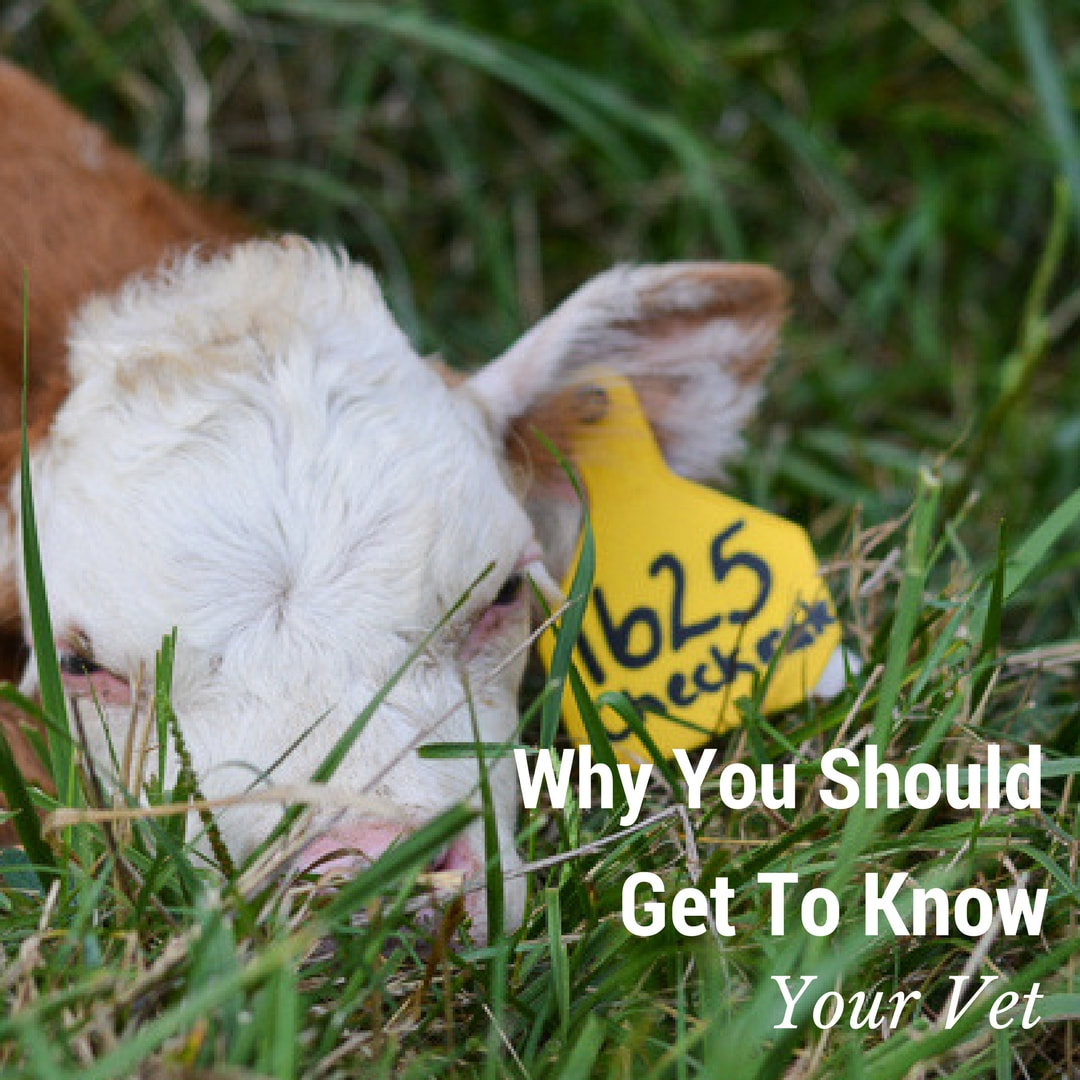
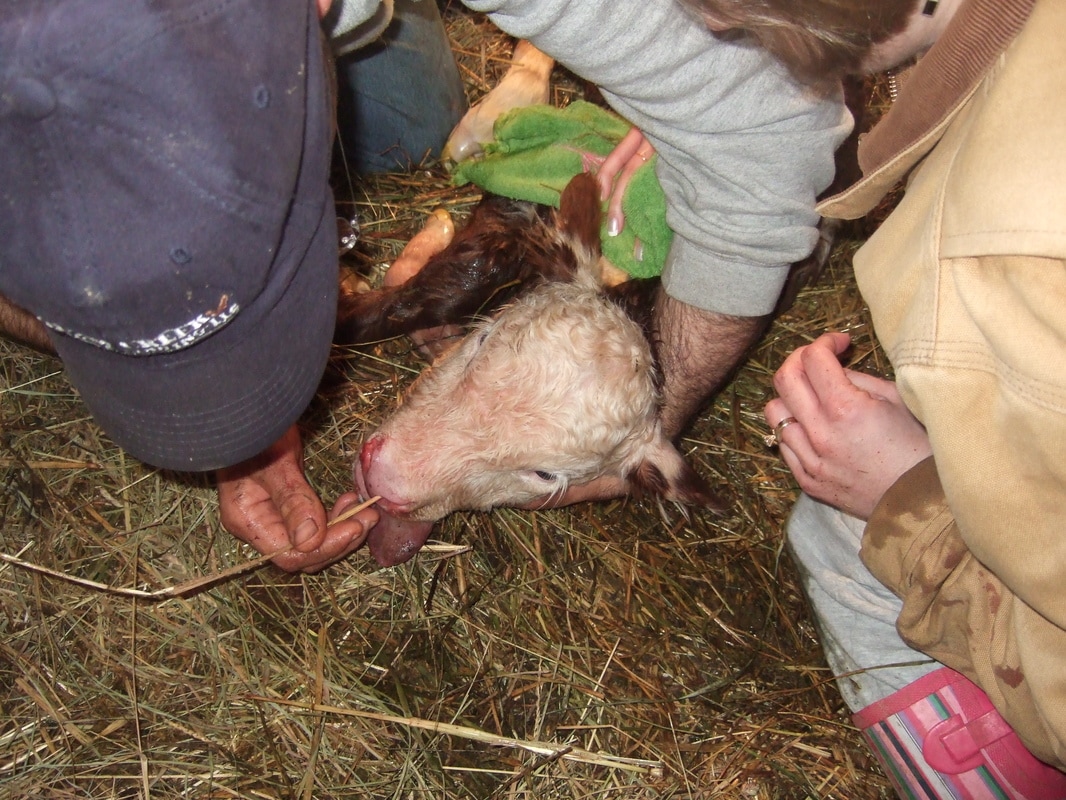
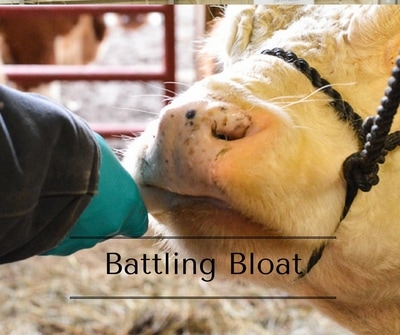
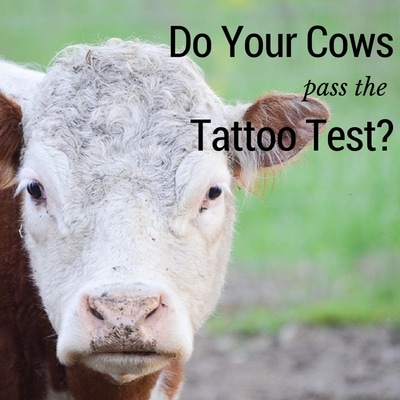
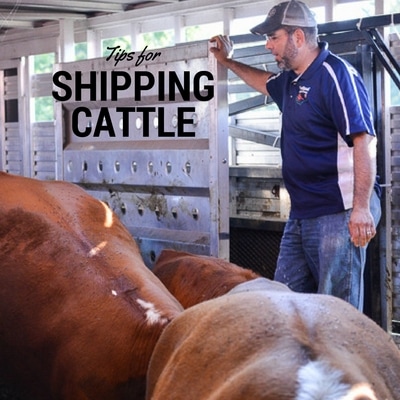

 RSS Feed
RSS Feed

